Tackling Talent Shortages in South Australia’s Property Industry in 2025
As South Australia’s property industry continues to expand, employers are facing an uphill battle to secure the right talent. With a surge in commercial developments, retail evolution, and residential projects across Adelaide and regional hubs, the need for skilled property professionals is only increasing.
According to the ABS, South Australia’s unemployment rate stood at 4.2% in June 2025, slightly under the national average of 4.3%, indicating a tight labour market. The same month saw record employment highs, with over 976,000 people employed in the state.
Yet, even as job listings grow, competition for candidates is shrinking, particularly in property. Real
estate and property job ads in SA grew by 19% year-on-year, but the number of applications per job dropped by 41%.
This mismatch between job supply and talent availability underscores a critical challenge: finding — and keeping — the right people. Employers can’t just rely on salary anymore. They need to rethink flexibility, culture, and growth opportunities to stay competitive in 2025’s evolving employment landscape.
On the Ground: Real Talk from Industry Experts
In a recent episode of The Property Edge, Edge’s live-streamed market update, our senior recruiter Kelly Armstrong sat down with Kylie Neal, Centre Manager at Harbour Town Premium Outlets Adelaide, a long-time industry professional and client of Edge.
Kylie shared some first-hand insights into what makes recruitment in the property sector so uniquely challenging in South Australia.
“I'd say management roles are particularly challenging to fill due to the relatively small talent market in South Australia,” Kylie said. “These positions actually acquire a unique blend of skills — retail operations, property management, customer experience and stakeholder engagement.”
For Kylie, the right personality and team fit are just as important as technical skills. That’s where the challenge grows.
She also highlighted how candidate expectations have evolved.
“Candidates are definitely more direct about their non-negotiables now,” Kylie explained. “What’s interesting is how priorities vary by life stage. Younger professionals want clear career progression, whilst experienced professionals prioritise company culture and job security.”
Flexibility, professional development, and authentic leadership are the new benchmarks for attraction and retention.
Kylie explained how her own team at Lewis Land Group has adapted.
“We've started hiring for attitude and aptitude rather than just shopping centre experience. And then we provide comprehensive training. In this tight market, retention through flexibility, genuine professional development is far more cost-effective than constantly recruiting.”
These adjustments have paid off. Kylie noted their organisation maintains high retention, not just because of salary but because of culture and values.
“I actually believe life's too short not to enjoy work. We're actually here quite a while!” she said.
For Kylie, the shift in talent dynamics isn’t a passing phase — it’s a long-term evolution.
“I think we're in a new normal where we just need to be much more creative about sourcing and retaining talent rather than just competing for the same small pool of candidates.”
Tips for Employers: How to Stay Competitive in 2025
If your business is facing similar hurdles in hiring or keeping great people, here are some strategies that reflect what’s working on the ground in South Australia right now:
1. Think Beyond the Job Title
Today’s candidates are looking for purpose, team culture, and long-term growth. Showcase how your workplace supports this from the first interaction.
Practical Tip: Talk about internal career progression, culture initiatives, and how you invest in people — not just the tasks they’ll be doing.
2. Hire for Potential, Not Just Experience
Especially in management roles, transferable skills and cultural alignment often outweigh sector-specific experience.
Practical Tip: Open up your candidate pool to professionals from aligned industries like retail or hospitality who demonstrate aptitude and attitude — then train them up.
3. Flexibility is a Must
Even in roles that require onsite presence, offering input into rosters or promoting work-life balance can be a game-changer.
Practical Tip: Conduct stay interviews with current staff to identify what flexibility means to them — and deliver on it where possible.
4. Lead with Transparency
Candidates are more informed — and selective — than ever. They’re asking hard questions about leadership, progression, and work-life balance.
Practical Tip: Be upfront in interviews. Share real examples of how people have advanced in your organisation and how you support personal wellbeing.
5. Partner with a Specialist
In a tight, competitive market, a recruiter with niche knowledge can connect you to candidates that general advertising won’t reach.
Practical Tip: Engage a recruitment partner that understands your industry inside-out and can match you with candidates aligned to both skills and culture.
As Kylie put it so clearly: “Make sure you're listening to the industry salary for the role to ensure that you're being competitive. Beyond that, be genuine about your leadership style and company culture during the recruitment process. Candidates can actually tell when you're wanting them to succeed.”
The bottom line?
Finding great talent in property isn’t impossible — but it does require a shift in mindset. Companies willing to adapt, invest in people, and lead with authenticity will come out on top in 2025 and beyond.














